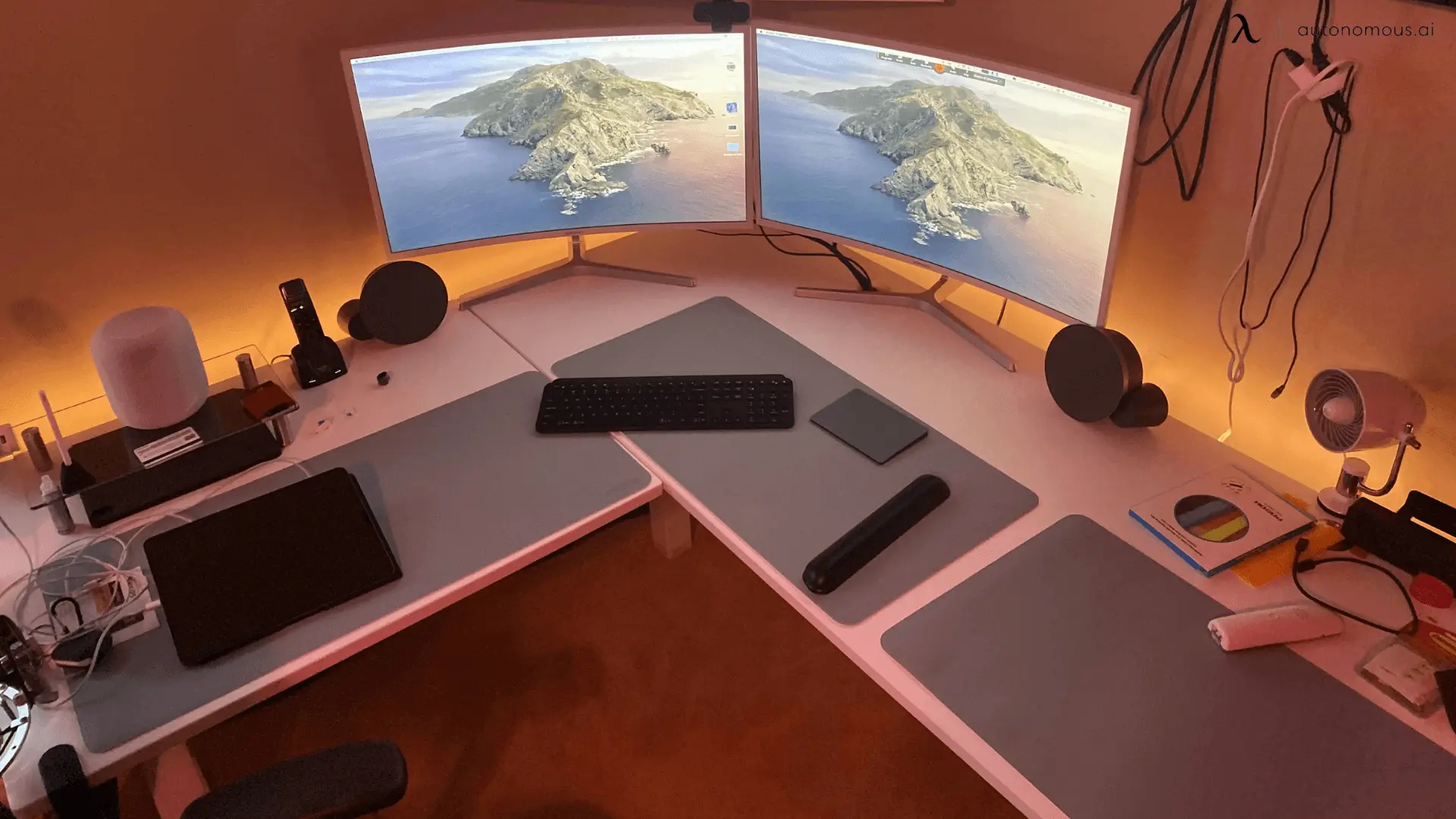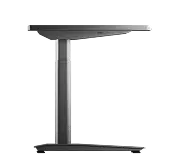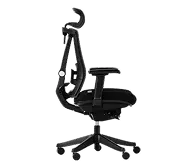- Newest
- Most viewed
Interested in a Link Placement?
.webp)
Razer Gaming Chair Reviews: Is the Iskur V2 Worth It?
Explore detailed reviews of top Razer gaming chairs like the Iskur V2 and Enki. Find the best chair for comfort, adjustability, and style at an affordable price.
Gaming Setup | Oct 3, 2025 659 views

10 Wood Gaming Setup Ideas To Transform Your Station
Gaming Setup | Sep 29, 2025 867 views

How To Build The Ultimate Garage Gaming Setup
Gaming Setup | Sep 28, 2025 661 views

Best Black Friday Gifts for Men 2025 – Top Picks & Deals
Latest Updates | Sep 26, 2025 1,057 views

What is Productivity? How to Improve It at Work
Productivity | Sep 25, 2025 832 views
.webp)
Gravl App Review 2025: Better Than a Personal Trainer?
Latest Updates | Sep 25, 2025 922 views

Dogsix App Review: Is It Legit Or Just A Scam?
Latest Updates | Sep 24, 2025 906 views

Curved vs. Flat Monitors: Which One Should You Choose?
Workplace Inspiration | Sep 23, 2025 576 views

Efficiency vs Productivity: Key Differences & How to Optimize
Productivity | Sep 24, 2025 655 views

LazyFit App Review: Does The Lazy Workout Really Work?
Latest Updates | Sep 23, 2025 784 views

10x12 She Shed Ideas and Cost Guide for Your Backyard
Workplace Inspiration | Sep 24, 2025 789 views
.webp)
Best Wellness Apps for Mental Health, Fitness & More
Work Wellness | Sep 23, 2025 897 views

.svg)



